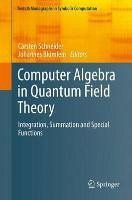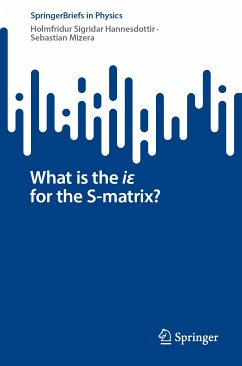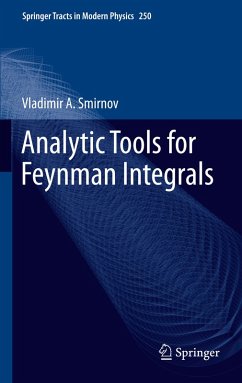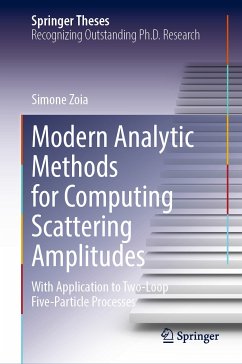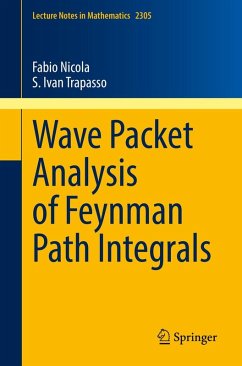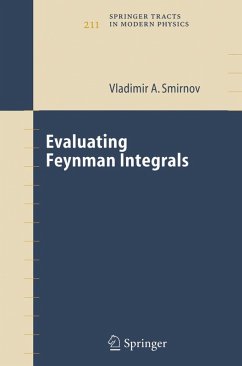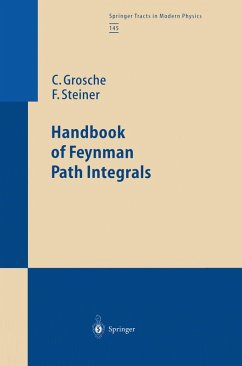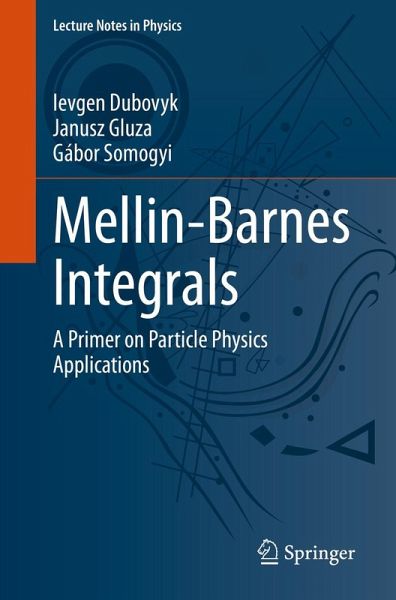
Mellin-Barnes Integrals (eBook, PDF)
A Primer on Particle Physics Applications
Versandkostenfrei!
Sofort per Download lieferbar
56,95 €
inkl. MwSt.
Weitere Ausgaben:

PAYBACK Punkte
28 °P sammeln!
In this book, the authors discuss the Mellin-Barnes representation of complex multidimensional integrals. Experiments frontiered by the High-Luminosity Large Hadron Collider at CERN and future collider projects demand the development of computational methods to achieve the theoretical precision required by experimental setups. In this regard, performing higher-order calculations in perturbative quantum field theory is of paramount importance. The Mellin-Barnes integrals technique has been successfully applied to the analytic and numerical analysis of integrals connected with virtual and real h...
In this book, the authors discuss the Mellin-Barnes representation of complex multidimensional integrals. Experiments frontiered by the High-Luminosity Large Hadron Collider at CERN and future collider projects demand the development of computational methods to achieve the theoretical precision required by experimental setups. In this regard, performing higher-order calculations in perturbative quantum field theory is of paramount importance. The Mellin-Barnes integrals technique has been successfully applied to the analytic and numerical analysis of integrals connected with virtual and real higher-order perturbative corrections to particle scattering. Easy-to-follow examples with the supplemental online material introduce the reader to the construction and the analytic, approximate, and numeric solution of Mellin-Barnes integrals in Euclidean and Minkowskian kinematic regimes. It also includes an overview of the state-of-the-art software packages for manipulating and evaluating Mellin-Barnes integrals. The book is meant for advanced students and young researchers to master the theoretical background needed to perform perturbative quantum field theory calculations.
Dieser Download kann aus rechtlichen Gründen nur mit Rechnungsadresse in A, B, BG, CY, CZ, D, DK, EW, E, FIN, F, GR, HR, H, IRL, I, LT, L, LR, M, NL, PL, P, R, S, SLO, SK ausgeliefert werden.



